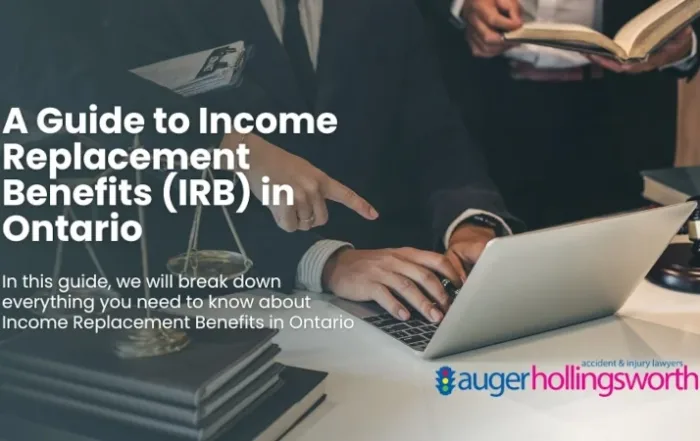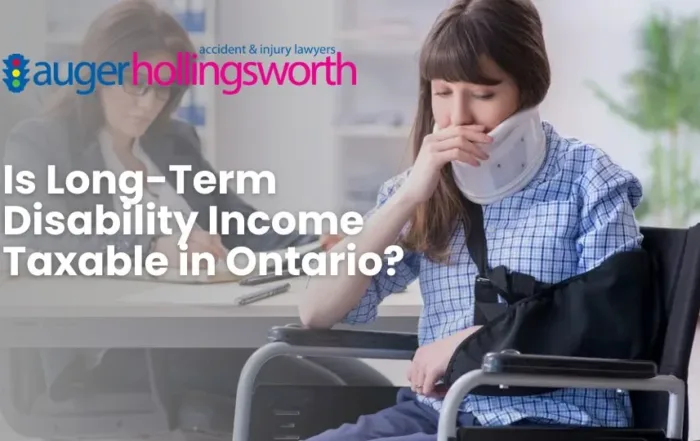Can an Insurance Company Follow and Videotape Me if I Made a Long-Term Disability Claim?
After you make a claim for long-term disability (LTD) benefits, your insurer will need to assess it in a comprehensive manner to determine credibility. Before any benefits are paid out, they want to be sure that your assertion isn’t fraudulent or misrepresented.
If you claim you hurt your back, for example, and can’t perform any strenuous activities, your believability will be undermined if you’re caught shoveling the snow from your walk. One of the ways insurance companies make their assessment is by hiring a private investigator to conduct what’s known as surveillance. Surveillance can include photographs, video and searches of your social media content.
The breadth of surveillance
Prior to any surveillance, insurers will provide investigators with a description of your injury, so that they know what to look for. It’s not uncommon for investigators to then sit outside your home or follow you to appointments and on errands in order to capture videos or photographs of you engaging in ordinary activities. However, surveillance must be limited to public spaces; there should not be any videotaping of your activities inside your home or other private places.
What’s more, with social media usage so popular these days, it’s very common for investigators to comb through a claimant’s social media channels to ensure any and all posts are consistent with the injury in question too.
Reports are prepared
Once surveillance is completed, investigators then prepare a report for the insurance company which includes all the photos, videos and notes taken during the surveillance.
A copy of the report needs to be sent to defence counsel, disclosed in a sworn Affidavit of Documents. Of course, any surveillance activity in the report that is inconsistent with the claimant’s injury is now considered important evidence which can undermine the claim.
What to do when being surveilled
The most important thing you can do is to be honest about your injury when filing your claim. You may not enjoy being videotaped outside your house, but if you’re being truthful about your situation, you really should have nothing to hide. Still, if you plan on starting new activities, be sure to get clearance from your medical practitioner first.
As for social media, there have been some recent court decisions that call into question one’s right to privacy when online (even when one engages with privacy settings turned on). With the impact of those decisions still unclear, it’s always best to err on the side of caution.
Keep in mind, an insurer can try and use your “smiling” photos on Instagram or Facebook to undermine your claim of depression or anxiety. So, enable those privacy settings but also try to limit your activity online if you have an LTD case ongoing. There’s no reason to provide additional content for possible misinterpretation.
We can help
No matter what question or concern you may have when making a claim, the best advice would be to reach out to a lawyer. Because the last thing you need to worry about when focused on your recovery is fighting for your rights. The LTD litigation process is complex, unnerving, while the court system moves at a slow pace. But a lawyer with experience in long-term disability and personal injury law can help you navigate it all with confidence and efficiency.
The team at Auger Hollingsworth is focused on helping our clients receive the compensation and justice they deserve. Over the years, we’ve helped many succeed in their claims for long-term disability benefits when they’ve been denied or terminated prematurely. If you want to discuss how we can help you, call us at (613) 233 4529 or email us at info@ottawalawfirm.ca.
To learn more, visit our Long Term Disability Insurance Denials Page.














